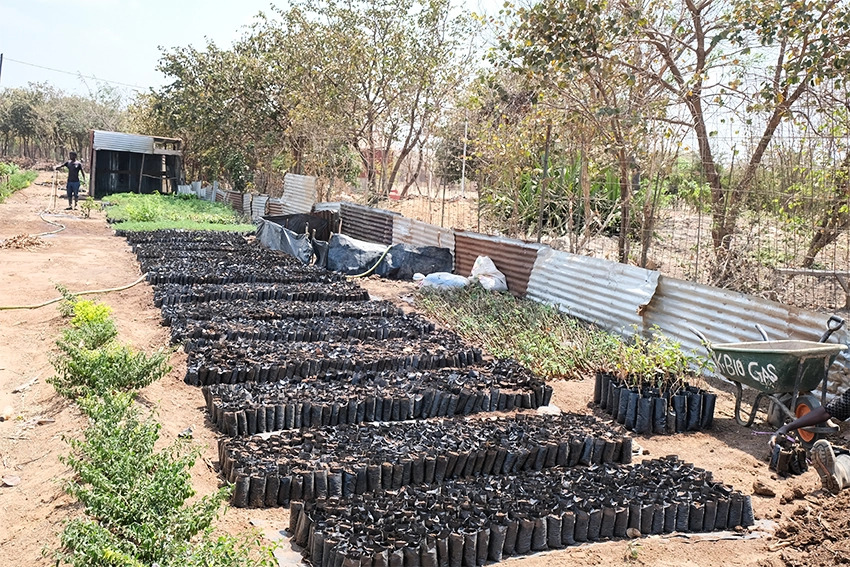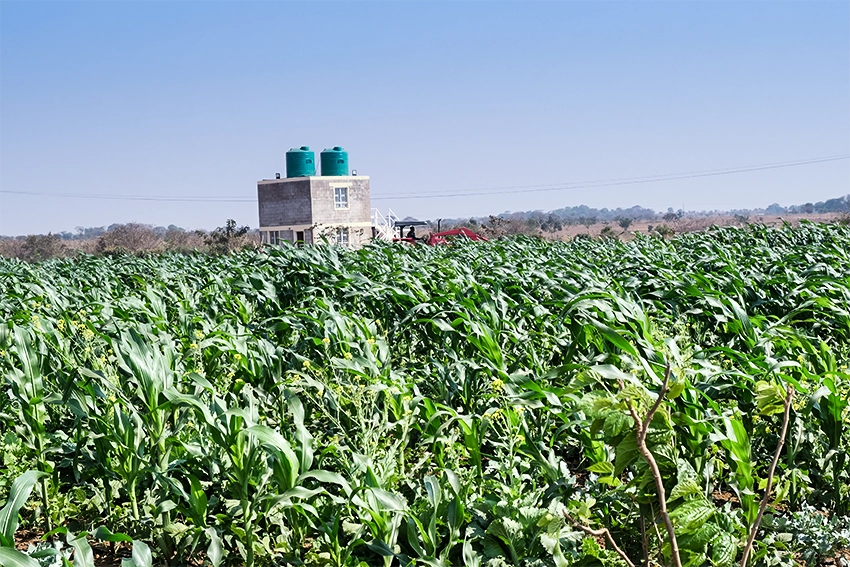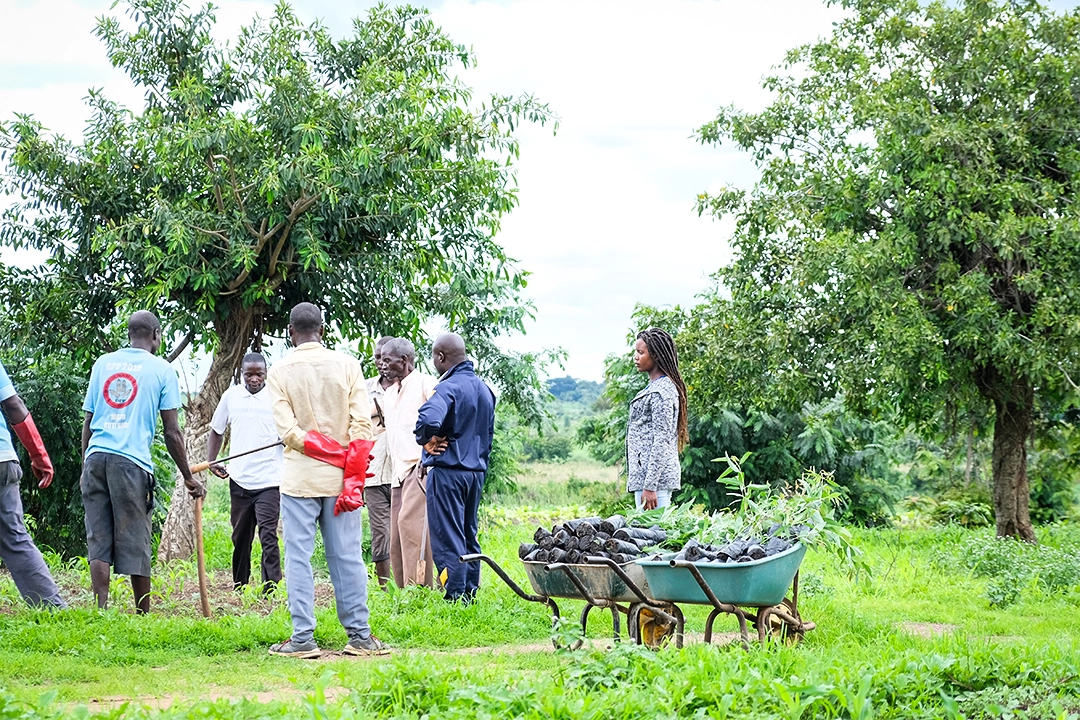Seeds of Change: How Kuwala Is Cultivating Hope, Learning, and Lasting Progress.
Recent developments within the Kuwala community highlight a rapidly growing belief in the vision of self-reliance that Kuwala actively promotes. This transformative approach is beginning to yield positive effects that resonate within Kuwala and extend into neighbouring communities, fostering collaboration and shared progress.
One of the most exciting advancements is the increased access to education for children from surrounding villages, made possible through the community service days organized every Wednesday at Kuwala. These events offer educational resources and cultivate a culture of learning and empowerment among young people, inspiring them to strive for a brighter future.

In addition to educational initiatives, the introduction of innovative farming techniques has been enthusiastically adopted by farmers in nearby villages. Kuwala’s farm has become a crucial employer for piecework and day labourers, equipping villagers with hands-on experience in modern agricultural practices. Techniques such as composting, efficient irrigation, crop diversification, and companion planting are now gaining significant traction. As a result, villagers are witnessing firsthand the transformative benefits of these methods as vibrant new crops thrive in what was once dry and unproductive land. Notable successes include flourishing harvests of tomatoes, onions, beans, potatoes, and maize, which are making a substantial difference in the community’s food security.

While some villagers face challenges due to a lack of resources for comprehensive irrigation systems, others exhibit remarkable ingenuity by hand-digging small water wells and manually watering their crops. For instance, reports indicate that an elderly villager has successfully cultivated onions using these methods. At the same time, another has achieved great results with beans, showcasing the resilience and creativity of the community.
Moreover, a recent article published in Humanities and Social Sciences Communications highlights the importance of targeted anti-poverty interventions, particularly through strategic investments in education in high-poverty areas. The findings suggest that such initiatives could substantially reduce poverty levels across Malawi, further underlining the critical need for continued support and engagement in community development efforts.
